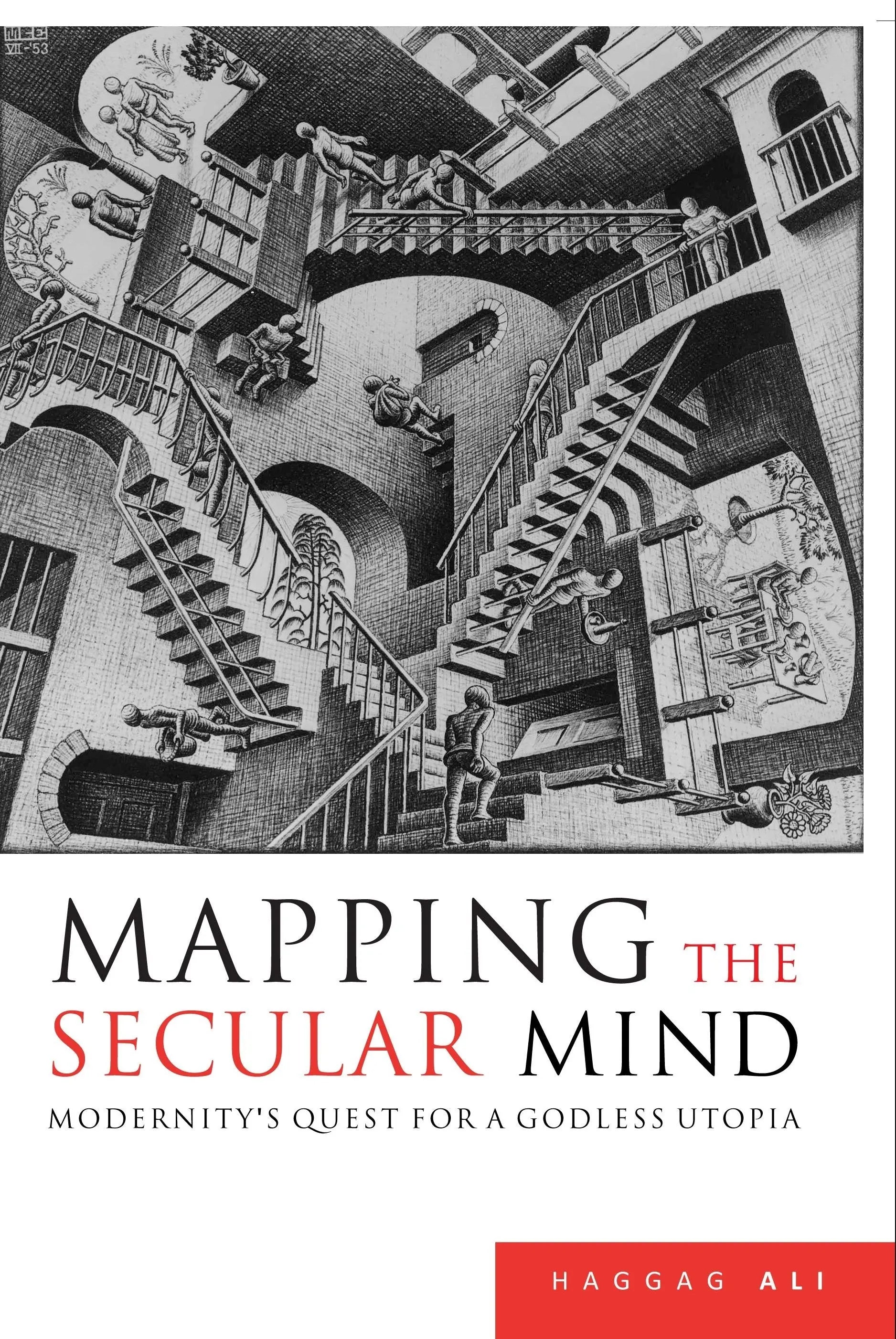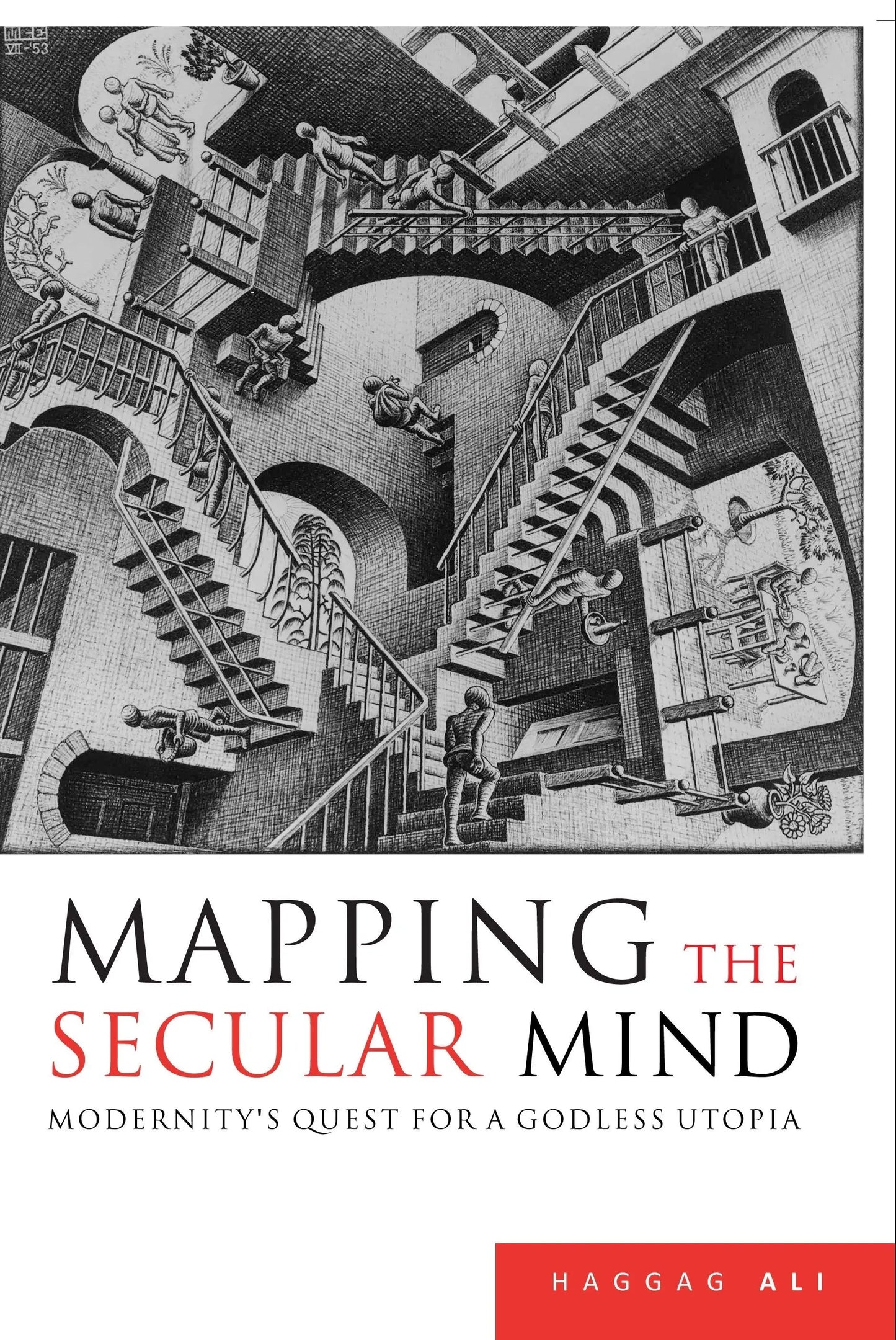About The Book
The secular mind had a grand plan, to establish an earthly paradise, a utopia of the here and now, a modern civilization governed by human reason, rationality, and the triumph of progress. Whilst ideals are one thing, the means to realize them is something else. Away from the hype, emancipating humanity from the ‘shackles’ of God and religion has proved no easy matter.
Mapping the Secular Mind critically examines issues of reason, rationality, and secular materialism, to explore how these mental perceptions, or ways of mapping the world, have affected human interaction and sociological development. It does this by comparing and contrasting the ideas of Abdelwahab M. Elmessiri (1938–2008) a leading Arab intellectual, and Zygmunt Bauman (1925), one of the world’s foremost sociologists.
In the last few decades, an emergent Western critique of modernity has inspired Muslim intellectuals to develop new ideas, images, terms and concepts that state their positions towards the tendencies of secular modernity, its transformations and consequences, and how it manipulates perceptions of reality.
The book challenges foundations of secular ideology to argue that its aspirations have deeply transformed human consciousness and man’s sense of self, leaving him a creature of purposeless consumption, wearied by the search for fulfilment, and controlled by materialistic laws governing physical phenomena. It also offers a more darker thesis, that Fascist Germany and the Eugenics movement were a form of Social Darwinism taken to its logical course.
These were not an aberration from the principles of modernity, Ali argues, but a consistent outcome of the modern worldview, with the seeds of self-destruction being woven into the very fabric of the philosophy.
About The Author
Dr. Haggag Ali is a junior research group leader at the Centre for Civilization Studies and Dialogue of Cultures at Cairo University. Dr. Ali studied English critical theory at Cairo University, and his main research interests are contemporary critiques of modernity and censorship.
Dr. Ali had a number of scholarships and fellowships at Humboldt University of Berlin and Wissenschaftskolleg zu Berlin). In 2010, he received Georges Anawati Research Scholarship for projects on the Dialogue between Islam and Christianity.
show more

